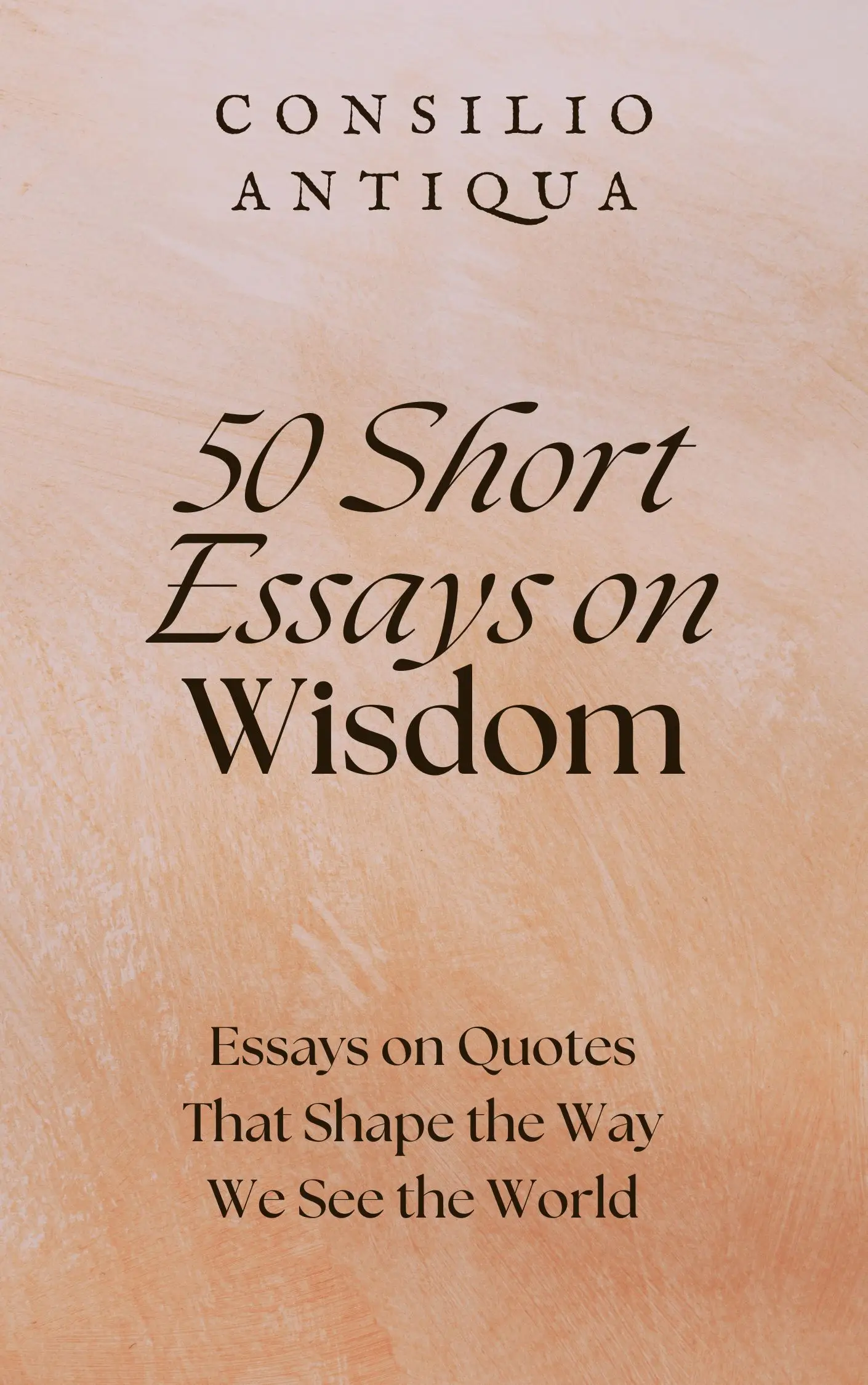
50 Short Essays on Wisdom | The Unseen Fracture
The Unseen Fracture
"A chain is only as strong as its weakest link." – Thomas Reid
The old blacksmith, his hands gnarled and stained with the soot of a thousand fires, hammered the final rivet. The chain, gleaming under the dim light of his forge, seemed invincible. Yet, a single, almost imperceptible flaw in one link held the potential to unravel the entire structure. This simple image, captured in Reid's proverb, speaks to a profound truth about interconnectedness and the fragility of systems, a truth that resonates across centuries and cultures.
The proverb's origins are difficult to pinpoint definitively. While Reid's articulation is well-known, the underlying principle—the vulnerability of a system to its weakest component—has been implicitly understood across diverse societies for millennia. Ancient civilizations, from the builders of Roman aqueducts to the architects of intricate irrigation systems in the Indus Valley, intuitively grasped the importance of structural integrity. A single cracked tile in a Roman aqueduct could lead to catastrophic failure, just as a poorly maintained irrigation channel could devastate an entire agricultural system. The wisdom, therefore, wasn't a sudden revelation but a slow accretion of experience, a hard-won lesson etched into the very fabric of human endeavor.
At its core, the proverb highlights the inherent interdependence of components within any system. Whether it's a physical chain, a complex supply chain, a social network, or even the intricate workings of the human body, the strength of the whole is inextricably linked to the strength of its individual parts. Each link, each component, plays a crucial role. Neglecting even the seemingly insignificant ones invites disaster. The proverb's enduring power lies in its stark simplicity, its ability to encapsulate a complex truth in a few concise words. It serves as a constant reminder of the need for vigilance, for attention to detail, for a holistic understanding of systems.
In our modern world, the proverb's relevance is perhaps even more acute. Global supply chains, intricately woven networks of production and distribution, are vulnerable to disruptions at any point. A single factory closure, a natural disaster, or a political upheaval in one region can have cascading effects felt across the globe. Similarly, social justice movements often highlight the systemic inequalities that weaken the fabric of society. Addressing these inequalities, strengthening the "weakest links," is not merely a matter of compassion but a matter of structural integrity. Failure to do so risks the collapse of the entire system. Consider the ripple effect of poverty, for instance, impacting education, healthcare, and ultimately, the potential of entire communities.
Reflect on your own life. What are the "chains" that shape your existence—your relationships, your career, your community? Where are the potential points of fracture? Are there areas where you've neglected a seemingly small detail, a seemingly insignificant link, that now threatens the overall strength of the system? Identifying these weak points, understanding their vulnerabilities, and working towards strengthening them is not merely a practical exercise; it's an act of self-awareness, a path towards greater resilience and fulfillment. The process of strengthening the weakest link is a journey of self-discovery, a testament to the power of interconnectedness, and a recognition of our shared humanity.
Ultimately, the proverb's enduring wisdom lies in its call for holistic thinking, for a recognition of the interconnectedness of all things. It reminds us that true strength isn't about brute force but about careful attention to detail, a commitment to equity, and a deep understanding of the systems that shape our lives. The unseen fracture, the seemingly insignificant flaw, holds the potential to unravel everything. Let us, then, strive to strengthen the weakest link, not just for the sake of the chain, but for the sake of the whole.
